
Meet Gelios: P2P Lending Community Built on Trust and Technology
Meet Gelios, P2P lending cryptocurrency company, ambitiously aiming to bring complete control and privacy to lending activities.
Stay ahead of the crypto curve with in‑depth coverage of the digital‑asset ecosystem. Here you’ll find the latest on new coin launches, regulatory shifts, wallet innovations and market movements across major chains. Whether you’re a seasoned trader or just exploring the space, our timely updates offer clarity on the crypto universe’s fast‑evolving landscape.

Meet Gelios, P2P lending cryptocurrency company, ambitiously aiming to bring complete control and privacy to lending activities.
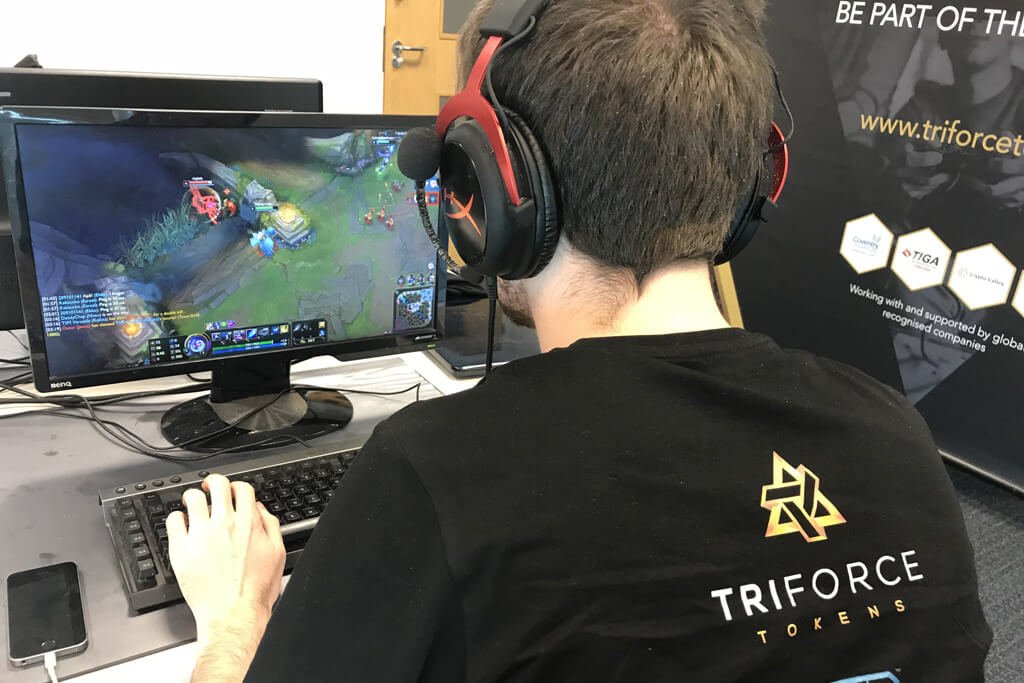
Blockchain gaming platform TriForce Tokens has successfully collaborated with the leading publisher for video game content in Latin America, Busca Todo.
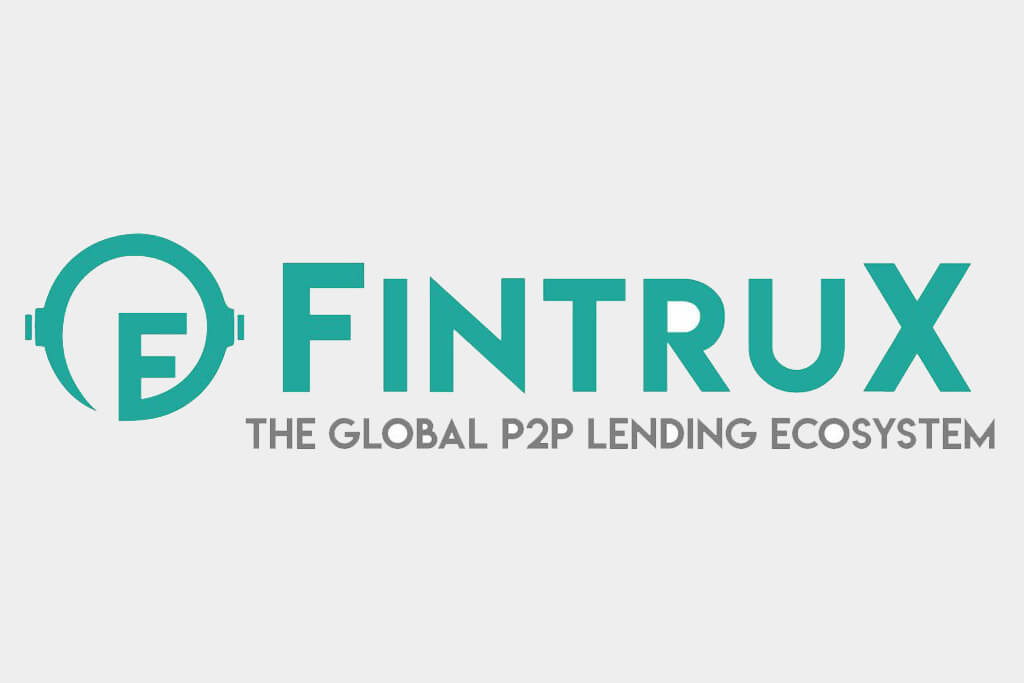
P2P lending platform Fintrux has announced its raising over $12 million during the Pre-TGE and the intention to double its soft cap for the main TGE.
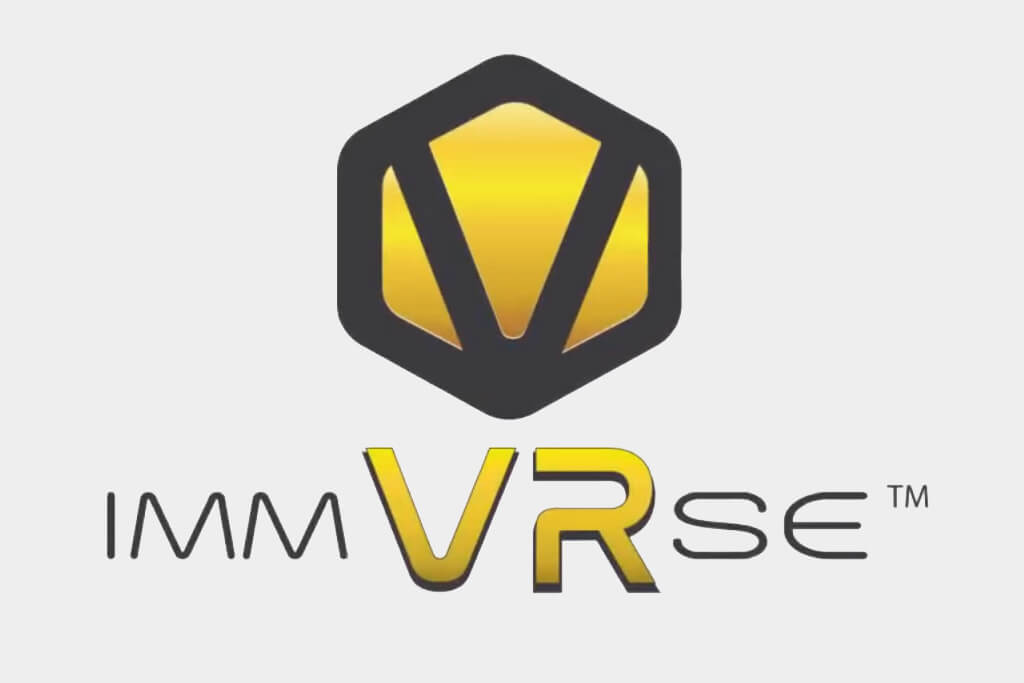
ImmVRse has partnered with Imperial medical school to reveal the effects that VR exerts on human sensory response and physical reactions.

In the pre-sale round including venture investors, Telegram managed to raise a whopping $850 million, over its initial target of $600 million.

Crypto investment opportunities are presented on a daily basis, but how many offer crypto mining platform that average Joe could understand.

With a momentary spike above $11,000 levels, the price of Bitcoin has pulled back down again and is consolidating around $10,700 levels.

In the late 1990s, the internet was a nearly ubiquitous service, and hundreds of innovative startups were launching new web-based platforms for everything from pet supplies to social networking. This craze, known today as the dot-com bubble, came crashing down when the bubble burst and many companies went bankrupt.

FireLotto is looking forward to the general token sale planning to raise funds for the development of its first-ever decentralized lottery.

While some countries are trying their best to attract Bitcoin mining companies, others don’t know how to deal with the demand.
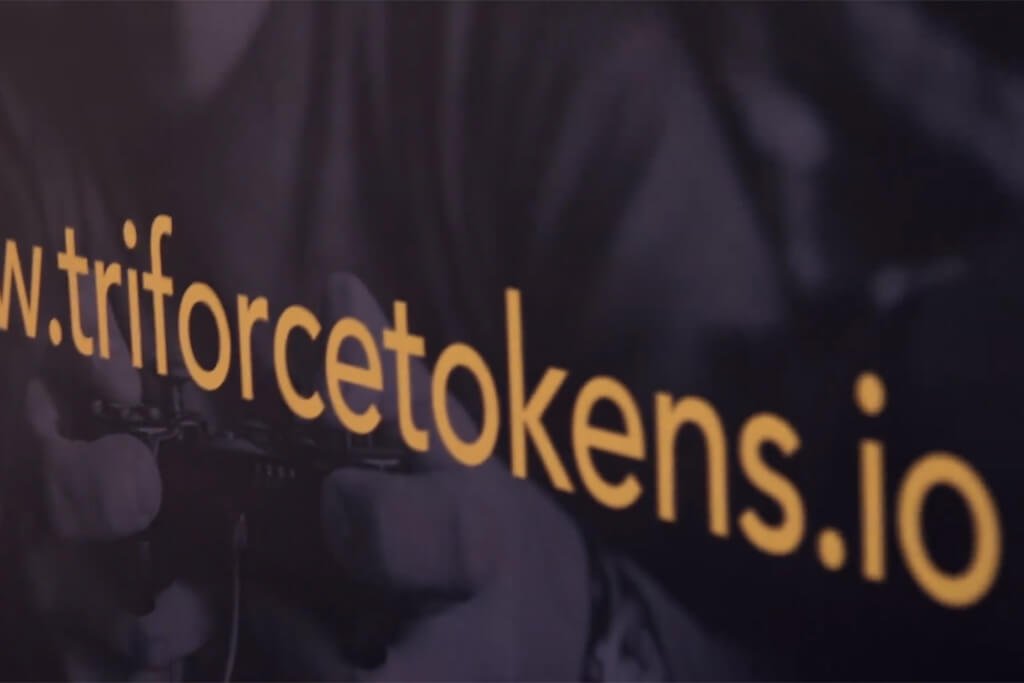
The decentralized gaming platform TriForce Tokens has announced its bringing on Danny Montaner, known as a professional gamer, as an advisor to the platform.
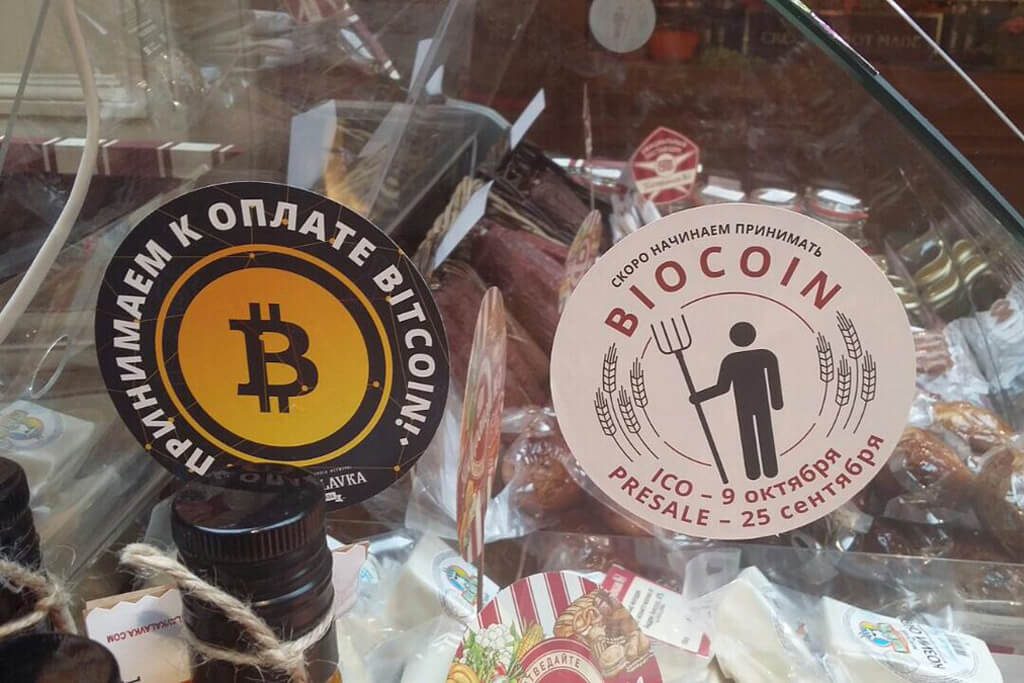
Brand new real economy cryptocurrency Bitcoin creates a network of eco-friend and socially responsible companies that can help contributors build green future for the whole planet.
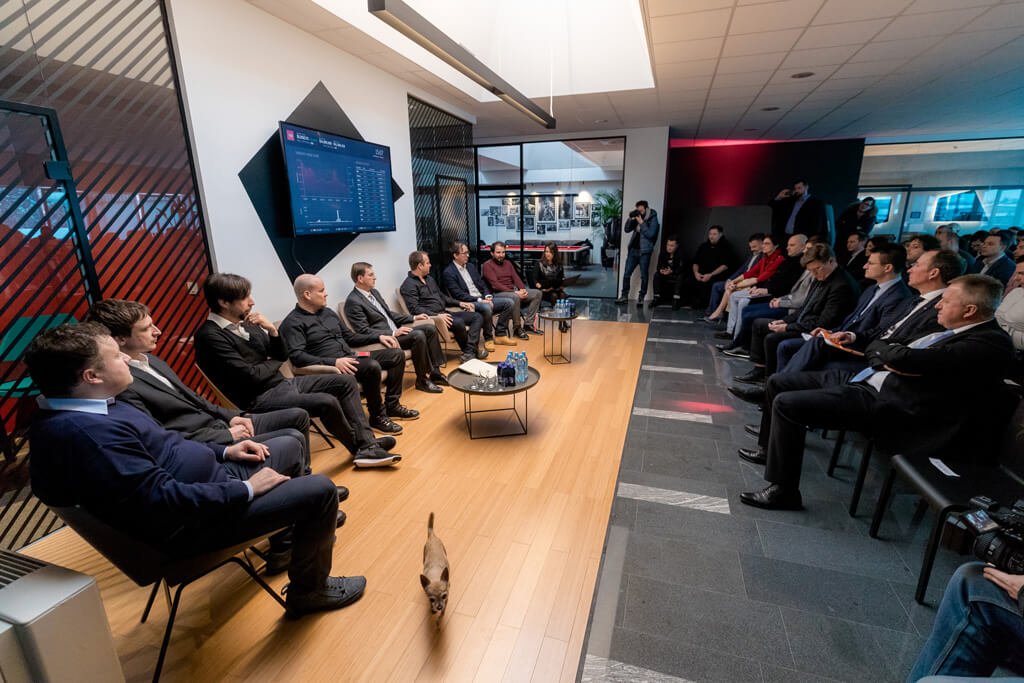
The well-established communication between the blockchain community and the officials of the country may become a key factor of turning Slovenia into a global blockchain destination.

UNHASHED, a new cryptocurrency education platform, has recently disclosed its new website available for all crypto enthusiasts.
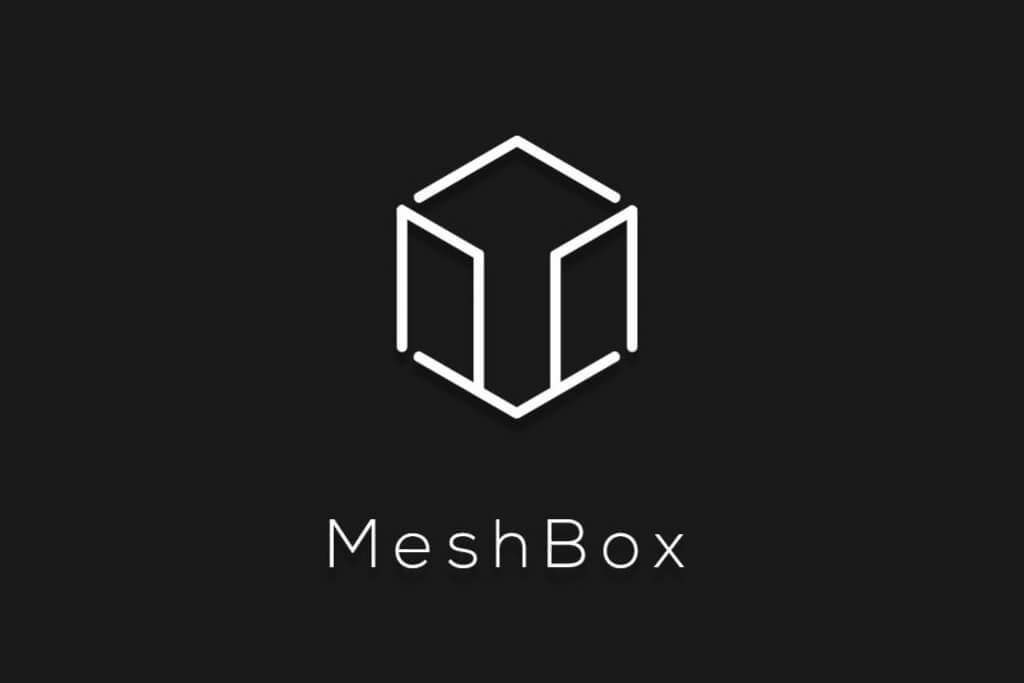
The Internet is going to be expanded all over the globe. MeshBox is here to solve the problem of poor or zero Internet connection.